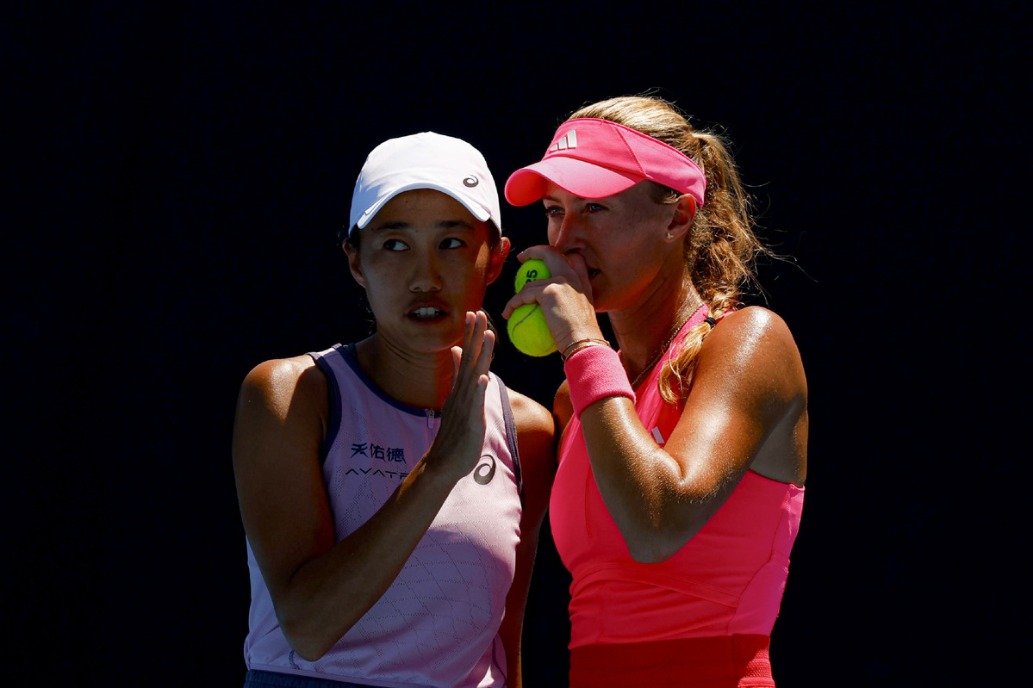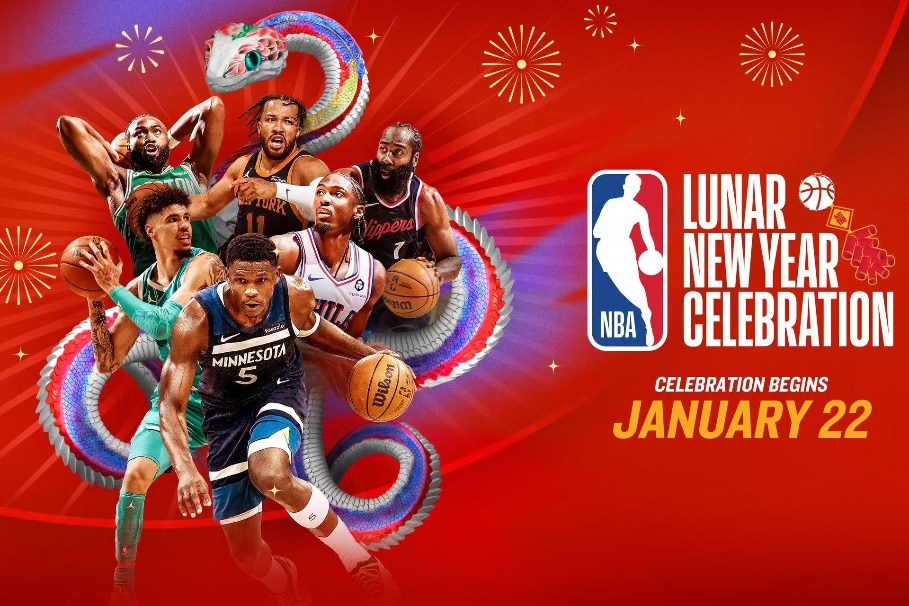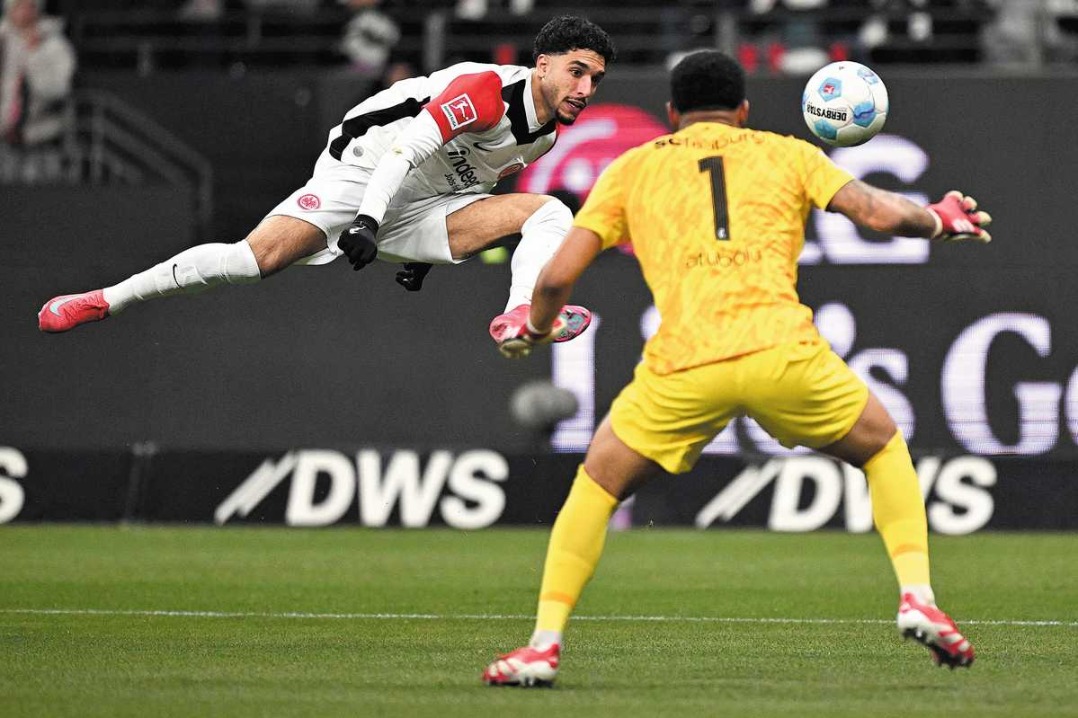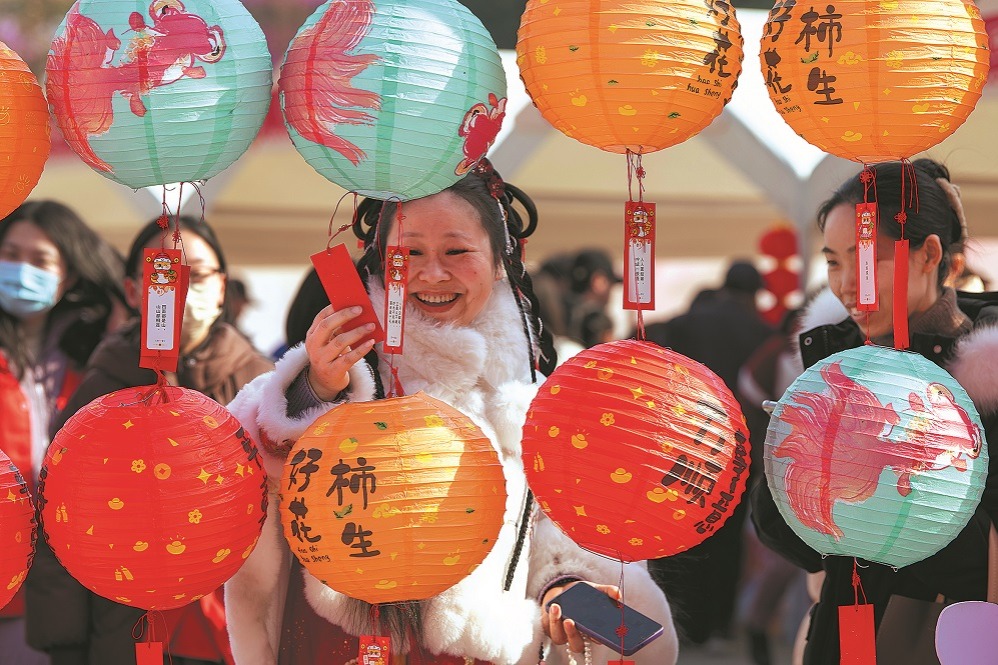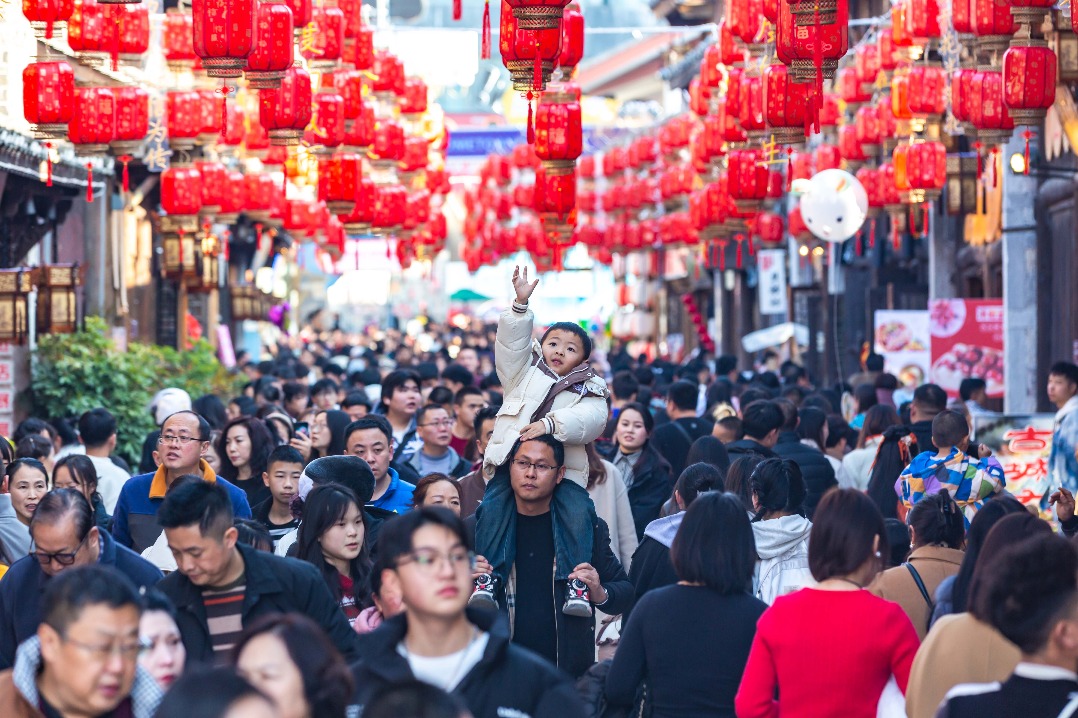NHL clubs saluting China


Canucks, Kings planning special tributes to mark Lunar New Year
The Vancouver Canucks and Los Angeles Kings made history last fall by squaring off in the first National Hockey League preseason games ever played in China.
Now the two clubs are building on the goodwill they created by reaching out to their local Chinese communities by hosting special Lunar New Year celebrations.
On Feb 7 the Kings will don jerseys adorned with Chinese characters for warm-ups ahead of their game against the Edmonton Oilers at Staples Center, and on Feb 17 the Canucks will wear tribute warm-up jerseys and honor NHL pioneer Larry Kwong before their game against the Boston Bruins.
"You obviously want to do things in an authentic way to reach that particular audience," Kelly Cheeseman, chief operating officer of AEG Sports, told the Kings website.
AEG owns the Kings and Staples Center.
"We're not experts in that, so that's where our partners here and in China are really helping to tell us what's important. Connecting with our Chinese community is a priority," added Cheeseman.
The Kings plan to start small. They've held preliminary talks about offering game coverage in Mandarin, and the club plans on using the Lunar New Year celebration as a springboard to hosting more events to celebrate Chinese culture.
In Vancouver, which boast's Canada's largest Chinese community, the Canucks will kick off the Year of the Dog by wearing red and gold warmup jerseys with the Canucks logo on the front and side patches depicting a dog and a hockey stick.
The color scheme symbolizes luck and fortune in Chinese culture, and the dog is a Pacific Northwest Husky, which in Canada represents family and strength.
In a pregame ceremony, the Canucks will honor Kwong, who on March 13, 1948, became the first NHL player of Asian heritage.
Less than a year after Jackie Robinson changed the complexion of North American sports by breaking big league baseball's ban on black players, Kwong, whose birth name was Eng Kai Geong, became the first non-Caucasian to skate in the NHL when he suited up for the New York Rangers against the Montreal Canadiens.
Kwong's debut came seven years before Fred Sasakamoose joined the Chicago Blackhawks as the NHL's first Native American player and a full decade before Willie O'Ree skated with the Boston Bruins as the league's first African-American.
Kwong's entire NHL career lasted a grand total of one minute, but his story still resonates. An hour-long documentary entitled The China Clipper: The Larry Kwong Story recently aired in English, Mandarin and Cantonese on Omni Television, Canada's national multicultural network.
"People were amazed that Larry excelled at a sport that Chinese were not supposed to play, let alone be good at," said filmmaker Chester Sit, who co-produced the documentary. "It shifted their perception of what was possible."
In 1884 Kwong's parents sailed from Hong Kong to Canada and settled in the town of Vernon, British Columbia.
Larry, the second-youngest of 15 children, was born in 1923. He started skating at age 7 and as a teenager led his hometown team to a provincial youth title.
In 1941 he joined the famous Trail Smoke Eaters - just two years after the club won the world amateur championship - but unlike his teammates in the B.C. mining city, he was prohibited from holding a job because of his Chinese heritage.
"There was a lot of discrimination in those days," Kwong recalled in a 2010 interview. "When I was a young boy I couldn't even go to a barbershop because they refused to cut Chinese hair.
"I got called a lot of bad names when we played away from home, and once when our team bus had to cross the US border during a snowstorm, the Americans barred me from entering, even though I was Canadian. But I had good coaches and teammates who always stood by me.
"In 1944 I was drafted into the Canadian Army, but World War II was winding down so instead of being shipped overseas I got to play in a military league in Western Canada. After the war I was scouted by the Rangers, who signed me to play for their minor league team, the New York Rovers."
Kwong sniped a goal and picked up an assist in his very first game at Madison Square Garden, and in 1947-48 he led the Rovers in scoring with 86 points in 63 games.
When the Rangers finally called him up during their final road trip of the season, he was sure it would be the start of something special.
"It was at the Montreal Forum, and I couldn't believe I was there," Kwong said.
"As the game wore on I kept looking at the coach, hoping he would put me in. I finally got the nod, but I was on the ice for just 60 seconds. That was it. I didn't have a real chance to show what I could do ... and I never got another one."
Kwong left the Rangers during the offseason and spent the remainder of his playing career - another 10 years - toiling for minor pro teams in Canada and Europe. He later coached in Switzerland.
In 2014, one of Kwong's uniforms joined a permanent display devoted to minorities at the Hockey Hall of Fame in Toronto.
Today, at age 94, "The China Clipper" still resides in Vernon - proud of his legacy as an NHL pioneer.
murraygreig@chinadaily.com.cn
Most Popular
- Clinical Zhang, Mladenovic win through to third round in doubles at Australian Open
- NBA tips off 14th Chinese New Year celebration
- Noisy racket on 'party court' sees match moved
- Yamal drives dominant Barcelona past Betis
- 'Sensational' Arsenal back in title race: Arteta
- Coach: Garnacho can have bright future
















